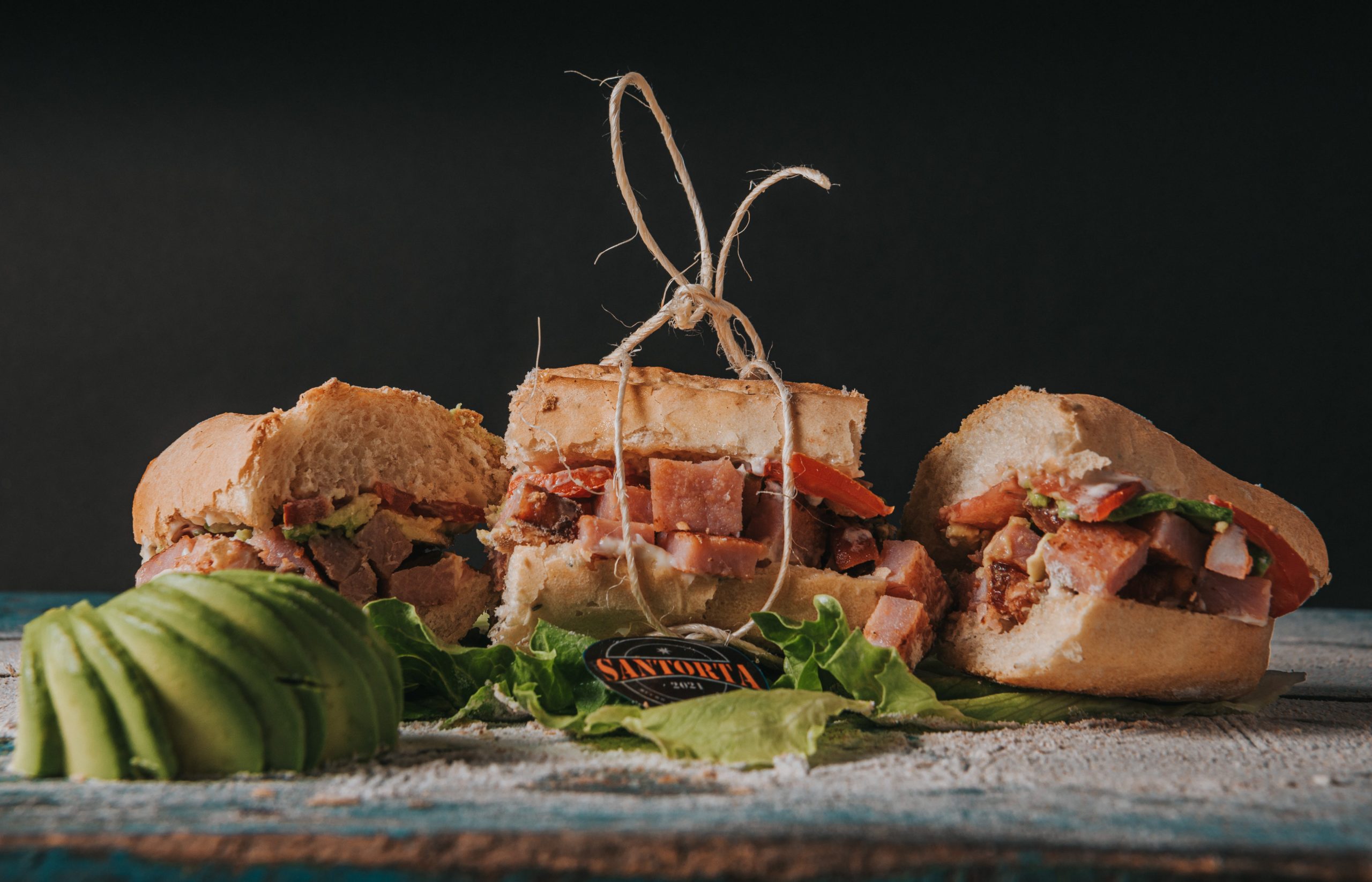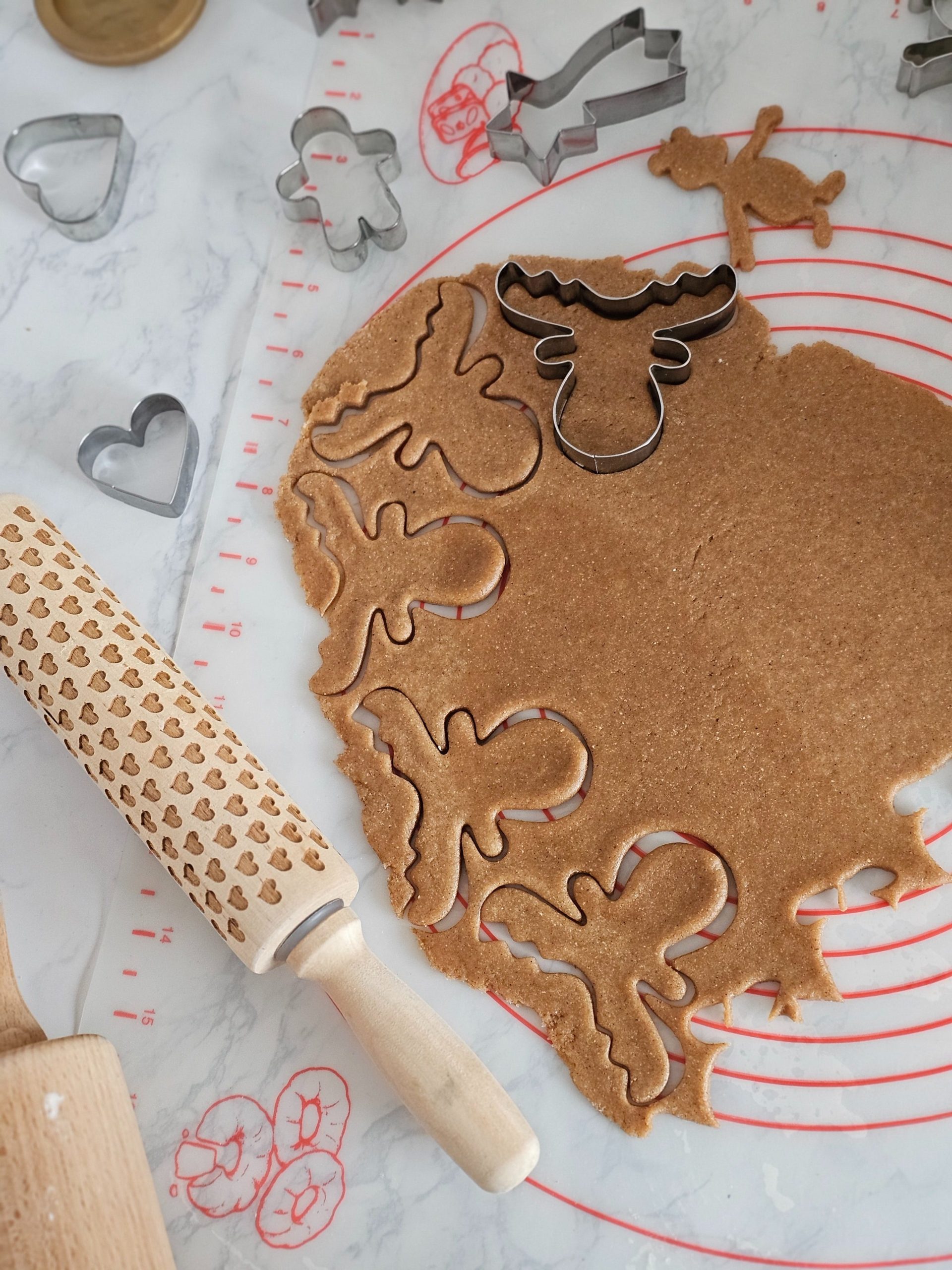If you’re a bird enthusiast and want to attract beautiful wrens to your backyard, we’ve got just the thing for you! In this article, we’ll share the top 3 insect-based foods that are irresistible to wrens. These tiny, melodious birds will be flocking to your feeders in no time. From specialized bird seeds to premium wild bird food products, we’ll guide you through the best options to make your yard a wren paradise. So sit back, relax, and let’s discover the delicious treats that will have wrens singing their hearts out in your garden.

Understanding Wrens’ Dietary Preferences
Wren Species Common to North America
When it comes to birds, wrens are a common sight in North America. These small, energetic birds are known for their distinctive song and their ability to adapt to various habitats across the continent. Some of the most common wren species found in North America include the Carolina Wren, House Wren, and Bewick’s Wren.
Diet Composition of Wrens
Understanding the dietary preferences of wrens is crucial for attracting these delightful birds to your backyard. Wrens are primarily insectivores, which means they rely heavily on insects and other invertebrates as their main source of food. However, they also supplement their diet with small fruits, seeds, and nectar. Insects play a vital role in the wrens’ diet, providing them with essential nutrients and energy.
Wrens’ Preference for Insects
Insects are an integral part of a wren’s diet. These small birds have a voracious appetite for insects and will spend a significant portion of their day foraging for these protein-rich morsels. Wrens are skilled at locating and capturing insects, using their sharp beaks and agile movements to their advantage. From beetles and caterpillars to spiders and ants, wrens have a diverse palate when it comes to their insect preferences.
The Importance of Insect-Based Foods for Wrens
Nutritional Needs of Wrens
Like all living creatures, wrens have specific nutritional needs to maintain their health and well-being. Insects provide wrens with high-quality protein, essential fatty acids, vitamins, and minerals. These nutrients are crucial for their growth, reproduction, and overall survival. Without a balanced diet that includes a sufficient amount of insects, wrens may experience health issues and have difficulty thriving.
How Insect-Based Foods Meet These Needs
Insect-based foods are an excellent way to meet the nutritional needs of wrens. They provide a concentrated source of protein, which is vital for the development and maintenance of their muscles and feathers. Insects also contain essential amino acids, vitamins, and minerals that support various physiological functions in wrens, such as bone health, egg production, and immune system function.
The Role of Insects in the Wrens’ Life Cycle
Insects play a crucial role in the life cycle of wrens. During the breeding season, wrens rely on insects to provide food for their young nestlings. Insects are an easily digestible and highly nutritious food source for growing chicks, ensuring their rapid growth and development. Additionally, the abundance of insects in the environment is a reliable indicator of the overall health of the ecosystem, making them an essential component of a wren’s habitat.

Top Insect-Based Foods to Attract Wrens
Insect Suet
Insect suet is a popular choice for attracting wrens to your backyard. Suet is a mixture of animal fat, nuts, seeds, and, in this case, dried insects. It provides a concentrated source of energy for wrens while offering the necessary insect-based nutrition they require. You can find insect suet cakes or blocks in various stores and online retailers.
Dried Mealworms
Dried mealworms are another excellent choice for wren enthusiasts. These small, worm-like insects are rich in protein and are a favorite food of many insectivorous birds, including wrens. Dried mealworms are readily available at bird specialty stores and can also be purchased online. They can be served in a specialized mealworm feeder or mixed with other bird food offerings.
Waxworms
Waxworms are the larvae of wax moths and are a delectable treat for wrens. They are high in fat and protein, making them extremely enticing for these small birds. Waxworms can be purchased alive or freeze-dried, providing a convenient option for attracting wrens to your feeding station. You can offer waxworms in a small dish or mix them with other bird food options.
Where to Buy Insect-Based Foods for Wrens
Kaytee
Kaytee specializes in bird seeds, feeders, and accessories. They offer a range of insect-based foods that are suitable for attracting wrens.
Droll Yankees
Droll Yankees is known for providing high-quality bird feeders, especially for songbirds. They also offer a selection of insect-based foods that will entice wrens to your yard.
Wagner’s
Wagner’s is a leading brand for various bird seed mixes. They also offer insect-based foods that cater to the dietary preferences of wrens.
Wild Delight
Wild Delight offers premium bird food products, including insect-based options. Their wide range of offerings ensures you can find the perfect food to attract wrens to your backyard.
Lyric
Lyric is known for its premium wild bird food products. They have options that include insect-based ingredients, providing wrens with the nutrition they need.
Cole’s Wild Bird Products
Cole’s Wild Bird Products offers a range of high-quality bird food. They have specific blends that are tailored to attract wrens and other insectivorous birds.
Scotts
Scotts is known for its bird food products and lawn care. They offer insect-based foods that can help attract wrens to your yard while keeping your lawn looking great.

Feeding Wrens: Best Practices
Ideal Times to Feed Wrens
Wrens are active throughout the day, but they are most active during the early morning and late afternoon. To maximize your chances of attracting wrens to your feeding station, it is recommended to offer food during these peak activity periods. However, wrens may visit feeders throughout the day, so providing a consistent food source is essential.
How to Introduce Insect-Based Foods
Introducing insect-based foods to your wren feeding routine is relatively simple. Start by offering small amounts of the chosen food and observe if the wrens show interest. If they do, gradually increase the amount of insect-based food you provide. Wrens may take some time to adjust to new offerings, so patience is key. Ensure the food is fresh and replace any uneaten portions regularly.
Monitoring Food Intake
To gauge the success of your feeding efforts, it’s important to monitor the food intake of the wrens that visit your feeders. Keep track of how much insect-based food they consume compared to other food options. This information can help you adjust your feeding strategy to meet the nutritional needs and preferences of the wrens in your area.
Choosing the Right Feeder for Wrens
Types of Feeders Appropriate for Wrens
Wrens are small birds, so it’s important to choose feeders that are suitable for their size and feeding habits. Tube feeders with small perches or platforms are a good option for offering insect-based foods to wrens. Additionally, suet feeders that accommodate suet cakes or blocks can also attract wrens to your yard.
Perky-Pet
Perky-Pet is known for offering a wide range of bird feeders. They have tube feeders and suet feeders that are suitable for attracting wrens.
Droll Yankees
Droll Yankees specializes in providing high-quality bird feeders, including those designed specifically for songbirds like wrens. Their feeders are durable and built to withstand various weather conditions.
Brome Bird Care
Brome Bird Care is renowned for its squirrel-proof bird feeders. They offer tube feeders that are ideal for attracting wrens while keeping unwanted pests away.
Stokes Select
Stokes Select provides bird feeders, birdhouses, and bird seed. They have tube feeders and suet feeders that can be tailored to attract wrens.
Woodlink
Woodlink offers a variety of birdhouses and feeders. They have tube feeders and suet feeders that cater to the feeding habits of wrens.
Heath Outdoor Products
Heath Outdoor Products specializes in bird feeders and birdhouses. They have feeders specifically designed for attracting smaller birds like wrens.
Gardman
Gardman offers a range of bird feeders and bird care accessories. They have tube feeders and suet feeders designed to accommodate the needs of wrens.
First Nature
First Nature offers bird feeders and nectar products. They have tube feeders that can be adapted to attract small birds like wrens.

Troubleshooting Common Feeder Problems
Dealing with Squirrels and Other Pests
While wrens are a delight to have in your yard, other pests like squirrels can be a nuisance. To deter squirrels or other unwanted visitors from accessing your wren feeders, consider using squirrel-proof feeders or placing feeders in locations that are less accessible to these animals. Regularly monitoring and adjusting your feeding setup can help minimize pest-related issues.
Maintaining Feeder Cleanliness
Feeder cleanliness is essential for the health of the wrens that frequent your feeding station. Regularly clean your feeders to prevent the buildup of mold, bacteria, and other pathogens. Use a mild soap or bird-safe cleaning solution and rinse thoroughly before refilling with fresh food. Clean feeders will attract more wrens and ensure their well-being.
Replacing Insect-Based Foods Regularly
Insect-based foods, like any other type of bird food, should be replaced regularly to maintain their freshness and appeal to wrens. Sunlight, moisture, and other environmental factors can affect the quality of the food over time. Check the expiration dates on insect-based food products and discard any that have expired. Providing fresh food is essential for attracting and keeping wrens in your yard.
Complementing Insect-Based Foods with Other Diet Staples
Seeds and Fruits That Wrens Enjoy
In addition to insects, wrens also enjoy a variety of seeds and small fruits as part of their diet. Offering a diverse range of foods can attract a wider variety of birds to your yard, including wrens. Some popular seed brands that provide quality products for wrens include Pennington, Morning Song, and Scotts.
Pennington
Pennington is known for its wild bird seed and lawn care products. They offer a selection of high-quality bird seed that includes options suitable for wrens.
Morning Song
Morning Song is known for their bird food and attractants. They provide a range of seed blends that can entice wrens to your backyard.
Scotts
Scotts, known for its lawn care products, also offers a variety of bird seed options. They have blends that are specifically designed to attract wrens and other backyard birds.
Conserving Wrens: The Role of Proper Feeding
Impact of Diet on Wren Population
Proper feeding plays a crucial role in conserving wrens and promoting their well-being. The availability of a varied and nutritious diet is essential for supporting healthy wren populations. By providing an adequate food source, you can help sustain wren populations in your area and contribute to their overall conservation.
How Feeding Can Support Conservation Efforts
Feeding wrens not only enhances your backyard bird-watching experience but can also have a positive impact on conservation efforts. By offering a reliable food source, you are creating a habitat that attracts wrens and other birds. This can contribute to biodiversity conservation in your area and help support the overall health of local bird populations.
Audubon’s Perspective on Wren Conservation
The National Audubon Society, a renowned bird conservation organization, acknowledges the importance of proper feeding in supporting wren conservation. They emphasize the need to provide suitable habitats and food sources to ensure the survival and well-being of wrens and other birds. Taking steps to attract wrens to your yard through proper feeding aligns with Audubon’s mission to protect birds and their habitats.
Community Involvement in Feeding Wrens
Benefits of Encouraging Community-Wide Feeder Programs
Encouraging community-wide feeder programs can have numerous benefits for both wrens and people. These programs promote bird conservation, provide educational opportunities, and create a sense of community among bird enthusiasts. By working together to create a network of well-maintained feeding stations, communities can increase the availability of food for wrens and other birds, enhancing their chances of survival and thriving.
Creating Awareness About Wren Feeding
Creating awareness about the importance of feeding wrens and other birds can inspire more individuals to participate in community-wide feeding programs. Organizing workshops, distributing educational materials, and hosting local events can help spread the word about the role of proper feeding in bird conservation. By educating others about wren feeding, you can encourage them to take action and contribute to the well-being of these delightful birds.
How to Get Started with Neighborhood Feeders
Getting started with neighborhood feeders is relatively simple and can have a significant impact on the local bird population. Begin by reaching out to your neighbors and local birding groups to gauge their interest in establishing a community-based feeding program. Identify suitable locations for feeders and work together to ensure they are regularly maintained and stocked with appropriate foods for wrens. By collaborating with your community, you can create a welcoming environment for wrens and contribute to their conservation efforts.
In conclusion, understanding wrens’ dietary preferences, the importance of insect-based foods, and how to attract wrens to your backyard is key to promoting their well-being and conservation. By providing suitable insect-based foods, choosing the right feeders, troubleshooting common feeder problems, and complementing their diet with other staples, you can create a haven for wrens in your yard. Moreover, community involvement in feeding programs can play a vital role in conserving wrens and creating a stronger bond among bird enthusiasts. So, embrace the joy of attracting and feeding wrens and contribute to their conservation efforts while enjoying their vibrant presence in your backyard.
